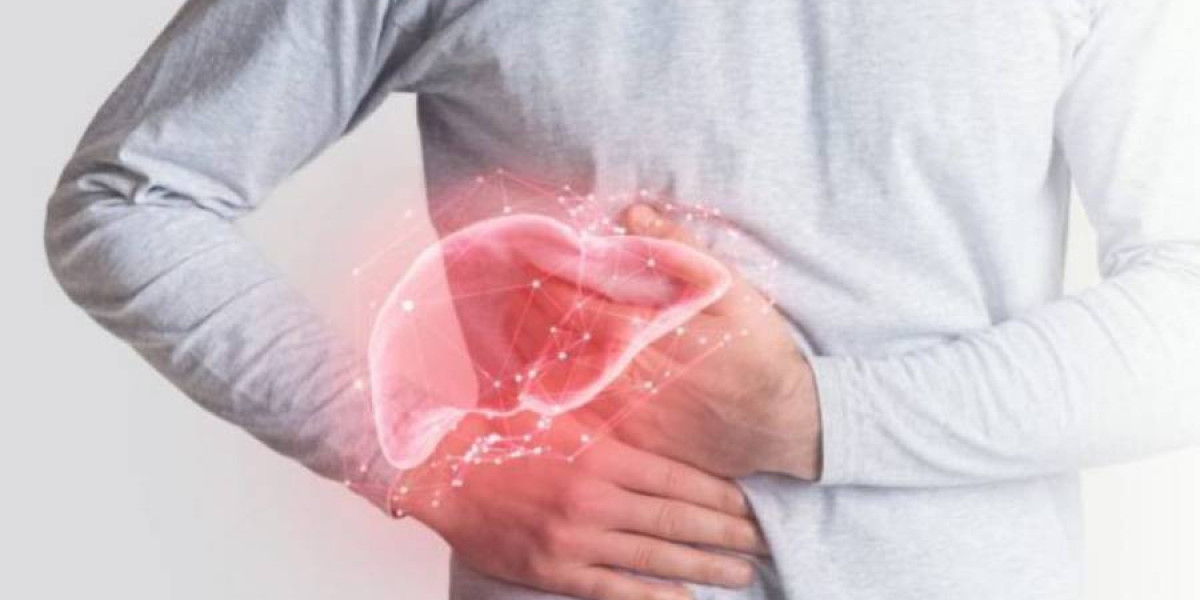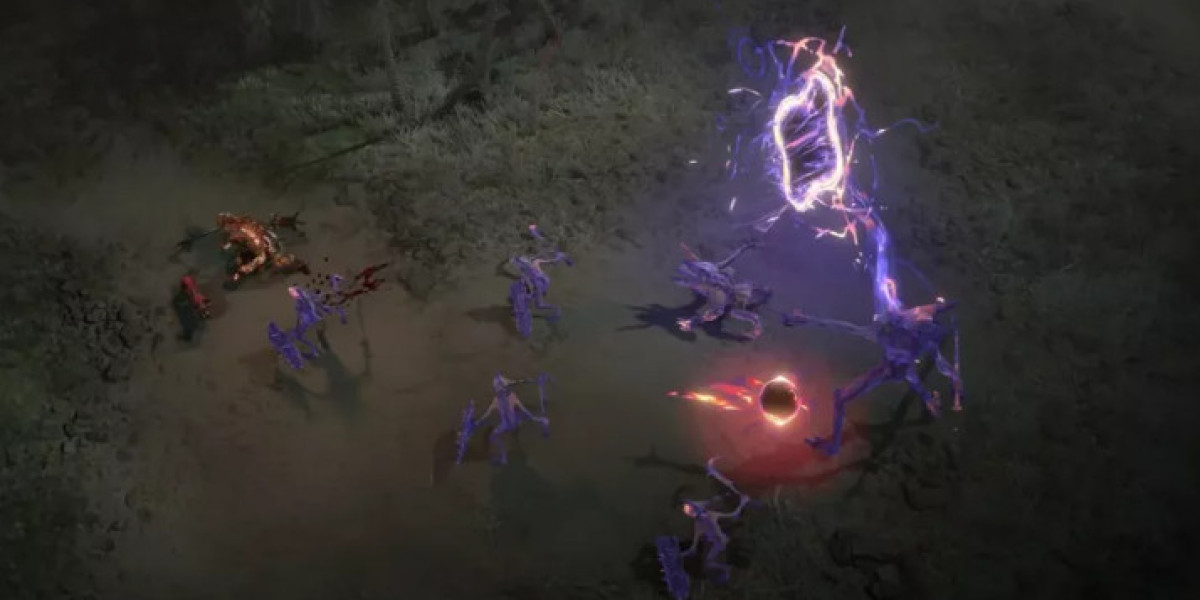Welcome to Kaizen Gastro Care, your trusted destination for cutting-edge liver cancer treatment in Pune, Maharashtra. We understand that a liver cancer diagnosis can be overwhelming, but rest assured, we are here to provide you with the highest quality care and support every step of the way.
Liver cancer is a challenging disorder, but with the right diagnosis and treatment, it can be effectively managed. At Kaizen Gastro Care, we believe in a comprehensive and patient-centric approach to liver cancer treatment. Our team of experienced and dedicated gastroenterologists & liver cancer specialists in Pune, Maharashtra, is committed to delivering personalized care tailored to your unique needs.
On this page, we will provide you with useful information about liver cancer, its symptoms, diagnosis, and the advanced treatment options available at Kaizen Gastro Care, the best gastroenterology clinic in Pune.
If you or a loved one is facing a liver cancer diagnosis, you can trust Kaizen Gastro Care to provide excellent care and support throughout your treatment. Our mission is to enhance your quality of life and help you fight liver cancer with strength and stability.
Your journey to liver cancer recovery starts here at Kaizen Gastro Care in Pune. Together, we can make a difference.
What is liver cancer?
Liver cancer is a life-threatening condition and one of the fastest-growing cancer types in India. Liver cancer, also known as hepatocellular carcinoma (HCC), is a malignancy that originates in the liver. It is the foremost cause of cancer-related deaths worldwide. Liver cancer typically develops in individuals with chronic liver disorders, such as cirrhosis or hepatitis, although it can also occur in individuals without underlying liver conditions.
Types of Liver Cancer:
There are two major types of liver cancer: primary liver cancer and secondary liver cancer.
- Primary liver cancer is cancer that forms in the cells of the liver. The most common type of primary liver cancer is hepatocellular carcinoma (HCC), which begins in the main type of liver cell (hepatocyte). Other types of primary liver cancer include cholangiocarcinoma (cancer of the bile ducts), hepatoblastoma (a rare type of liver cancer that occurs in children), and angiosarcoma (cancer of the blood vessels in the liver).
- Secondary liver cancer is cancer that has extended to the liver from another part of the body. This is the most common type of liver cancer in the United States. Cancer cells can spread to the liver from anywhere in the body, but the most common cancers that spread to the liver are colon cancer, lung cancer, breast cancer, and melanoma.
Other types of liver cancer:
- Fibrolamellar hepatocellular carcinoma (FHCC) is a rare type of HCC that arises in young individuals.
- Bile duct cancer is a type of cholangiocarcinoma that appears in the bile ducts outside the liver.
- Gallbladder cancer is a type of cancer that happens in the gallbladder, which is a small organ that stores bile.
Causes & Risk Factors of liver cancer:
The exact cause of liver cancer is unknown, but several risk factors can improve the chances of developing the disease. These risk factors include:
- Chronic hepatitis B or C infection: Hepatitis B and C are viruses that can cause inflammation of the liver. Over time, chronic hepatitis B or C infection can damage the liver and improve the risk of liver cancer.
- Liver Cirrhosis: Cirrhosis is a disorder in which the liver is scarred and damaged. Cirrhosis can be caused by several factors, including chronic hepatitis B or C infection, alcohol abuse, and nonalcoholic fatty liver disease.
- Excessive alcohol consumption: Heavy drinking over many years can damage the liver and improve the risk of liver cancer.
- Nonalcoholic fatty liver disease (NAFLD): NAFLD is a disease in which excess fat builds up in the liver. NAFLD is often associated with obesity and type 2 diabetes.
- Diabetes: Individuals with diabetes have a higher risk of developing liver cancer than people without diabetes.
- Hemochromatosis: Hemochromatosis is a genetic condition that causes the body to soak too much iron. Excess iron can harm the liver and improve the risk of liver cancer.
- Wilson’s disease: Wilson’s disease is a genetic disease that causes the body to accumulate too much copper. Excess copper can harm the liver and raise the risk of liver cancer.
Symptoms of Liver Cancer:
The symptoms of liver cancer can differ depending on the size and location of the tumor, as well as the stage of the condition. In the early stages, many individuals don’t have any signs at all. When signs do arise, they may include:
- Pain in the upper right abdomen
- Bloating or swelling in the abdomen
- Jaundice (yellowing of the skin and eyes)
- Loss of appetite
- Unexplained weight loss
- Fatigue
- Nausea and vomiting
- Fever
- Itching
- Dark-colored urine
- Pale bowel movements
Early detection of liver cancer is essential for successful treatment. If you or a loved one are experiencing these symptoms, please consult our liver specialist promptly for a proper diagnosis & treatment.
What are the complications of liver cancer?
Liver cancer is a type of cancer that forms in the liver. It is the sixth most common cancer in the world and the third leading reason of cancer death. Liver cancer can cause several complications, including:
- Hepatic encephalopathy: This is a condition in which toxins build up in the blood and travel to the brain, causing confusion, tiredness, and other neurological signs.
- Portal vein thrombosis: This is a blood clot in the portal vein, the main vein that carries blood from the digestive organs to the liver. It can cause abdominal discomfort, swelling, and ascites (fluid buildup in the abdomen).
- Worsening ascites: Ascites is an ordinary complication of cirrhosis, a condition in which the liver is scarred and damaged. Liver cancer can make ascites worse, leading to pain and difficulty breathing.
- Variceal bleeding: Varices are enlarged veins in the esophagus and stomach. They can rupture and bleed, which can be life-threatening.
- Obstructive jaundice: This is a condition in which the bile duct is blocked, preventing bile from flowing from the liver to the gallbladder and intestines. It can induce yellowing of the skin and eyes, dark urine, and light-colored stools.
- Pyogenic liver abscess: This is a collection of pus in the liver. It can induce fever, chills, abdominal discomfort, and nausea.
- Intraperitoneal bleeding: This is bleeding into the abdomen. It can be caused by a ruptured tumor or by variceal bleeding.
- Liver failure: Liver cancer can ultimately lead to liver failure, a life-threatening disorder in which the liver is no longer able to function properly.
- Metastasis: Liver cancer can spread (metastasize) to different parts of the body, such as the lungs, bones, or lymph nodes. This can lead to further complications and affect the prognosis.
Diagnosis of liver cancer at Kaizen Gastro Care?
Early detection and accurate diagnosis are critical for effective liver cancer treatment. To determine the presence and extent of liver cancer, our expert medical team at Kaizen Gastro Care employs a variety of diagnostic methods, including:
- Blood tests: Healthcare providers may do blood tests for cancer, such as a liver function test, to check on liver enzymes, proteins, and other substances that show whether your liver is healthy or damaged. They may test for alfa-fetoprotein (AFP). High AFP levels may indicate liver cancer.
- Ultrasound (sonography): This test provides pictures of your soft tissue structures. Healthcare providers use ultrasound to look for liver tumors.
- Computed tomography (CT) scan: This special type of X-ray takes detailed images of your liver, providing information about liver tumor size and location.
- Magnetic resonance imaging (MRI): This test produces very clear images of your body using a large magnet, radio waves, and a computer.
- Angiogram: This test helps healthcare providers examine your liver’s blood vessels. During this test, your healthcare provider injects dye into an artery so they can track blood vessel activity and look for blockages.
- Biopsy: Healthcare providers remove liver tissue to look for signs of cancer. Biopsies are the most reliable way to confirm a liver cancer diagnosis.
Our experienced team at Kaizen Gastro Care will provide a precise diagnosis to develop an effective treatment plan tailored to your needs.
Treatment Options for Liver Cancer at Kaizen Gastro Care:
At Kaizen Gastro Care, we offer a comprehensive range of liver cancer treatment options tailored to each patient’s individual needs. The choice of treatment relies on factors like the stage of cancer, overall health, and individual preferences. Our treatment modalities include:
- Surgery: Surgery is the most typical treatment for liver cancer, and it can be used to cure the cancer if it is caught early. The type of surgery conducted will depend on the size and location of the tumor. In some cases, the whole liver may need to be removed and replaced with a healthy one (liver transplant).
- Ablation therapy: Ablation is a minimally invasive technique that uses heat, cold, or chemicals to kill cancer cells. It is often used for tumors that are too small or too challenging to remove surgically.
- Transarterial chemoembolization (TACE): TACE involves injecting chemotherapy medicines mixed with embolic material into the artery that provides blood to the tumor.
- Targeted therapy: Targeted therapy medicines are designed to attack specific molecules that are involved in the growth and survival of cancer cells. They are often used to treat progressive liver cancer.
- Immunotherapy: Increasing the body’s immune system to battle cancer cells.
- Chemotherapy: Chemotherapy uses medications to kill cancer cells. It can be provided intravenously (through a vein) or orally (in pill form). Chemotherapy is often used in combination with additional treatments, such as surgery or radiation therapy.
- Palliative care: To manage symptoms and enhance the patient’s quality of life.
If you have been diagnosed with liver cancer, it is important to talk to your doctor about all of your treatment options. They can assist you in choosing the best treatment plan for your particular situation.
How can I prevent liver cancer?
Here are some guidance to prevent liver cancer:
- Get vaccinated against hepatitis B
- Get tested for hepatitis B and C
- Maintain a healthy weight
- Eat a healthy diet
- Avoid excessive alcohol consumption
- Don’t smoke
- Get regular exercise
- Get regular medical checkups, especially if you have any risk factors for liver cancer
Why Choose Kaizen Gastro Care for Liver Cancer Treatment:







